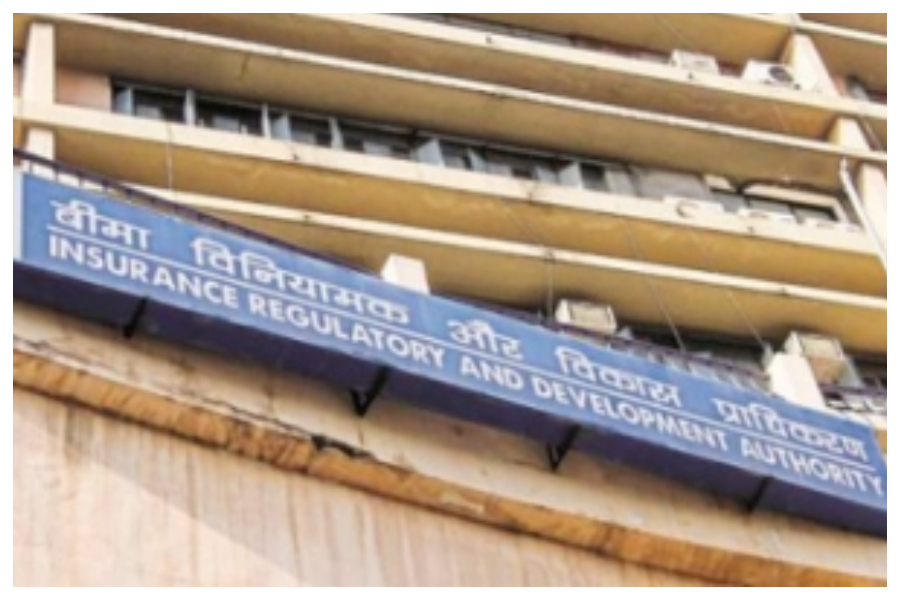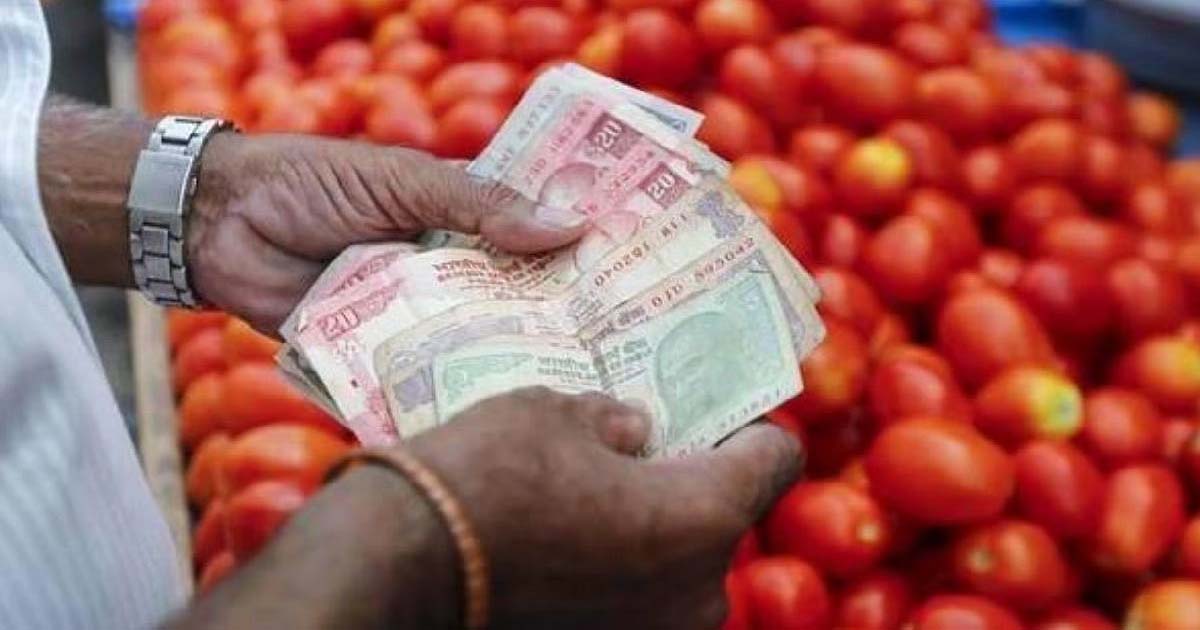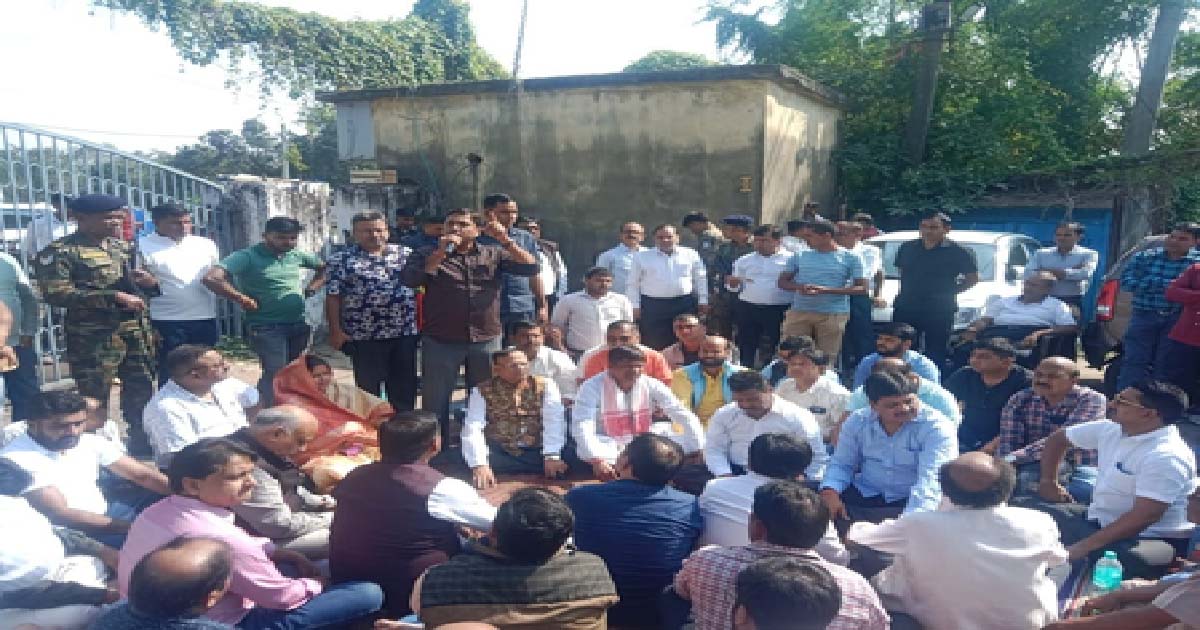Business
Setback for SAT, SC expunged its remarks against retired IRDAI member

In a setback for the Securities Appellate Tribunal (SAT), the Supreme Court has expunged the former’s uncalled remarks against former Member (Non-Life), Insurance Regulatory and Development Authority of India (IRDAI) P.J. Joseph.
The Supreme Court in its recent order on an appeal filed by IRDAI against Atkins Special Risks Ltd and others said: “Having heard learned counsel for the parties and on perusal of record, we are of the opinion that the remarks made by the Tribunal against Mr. P.J. Joseph in paragraphs 8 and 9 of the impugned order dated March 16, 2018 as well as the comments in paragraph 1 of the said order were uncalled for and deserve to be set aside.”
“I am happy that the uncalled remarks by SAT in its order has been expunged,” Joseph told IANS.
The SAT on March 16, 2018 setting aside an IRDAI order had said: “We fail to understand as to how Member (non-life) could make such false statement in the impugned order. In our opinion, the impugned order passed by P.J. Joseph (non-life) virtually amounts to aiding and abetting corruption in the insurance business by the regulator which cannot be tolerated.”
The SAT had directed the insurance regulator to entrust the matter to a competent officer other than Joseph for fresh orders on Atkins complaint on merits.
The SAT’s remarks were questioned by legal eagles then.
“The stinging remarks against the Member (Non-Life) by name, with due respect to the SAT, are quite unfortunate and seem to be crossing swords with the repeated and well advised principle of ‘judicial restraint’ by the Supreme Court of India,” D. Varadarajan, a Supreme Court advocate specialising in company/competition/insurance laws, had told IANS.
Going by an SAT order dated March 16, the concerned IRDAI official was not even arraigned as a party, Varadarajan added.
The IRDAI on January 9, 2018, disposed off the complaint by London-based reinsurance broker Atkins Special Risks Ltd against rival Marsh India Insurance Brokers Pvt Ltd of poaching its reinsurance business offering unlawful payment to Jagdish Pershad Gupta, Chairman, Jagson International Ltd.
Atkins’ complaint was that between 2002 to 2012 it provided international reinsurance cover to Jagson. From 2010 onwards Jagson’s Gupta started demanding, through email, a cut in Atkins commission.
In 2012, Jagson’s reinsurance business was given to Marsh.
Atkins hired a private investigation firm to find out any payment of kick-backs by Marsh to Gupta.
As per the SAT’s order, the investigation firm had confirmed kick-backs to Gupta for diverting the reinsurance business to Marsh from Atkins.
Atkins alleged that during the telephonic conversation, Gupta had said that Marsh had agreed to pay him $4,00,000 in order to obtain Jagson’s business.
The SAT, in its order, said Atkins had relied on documentary evidence in support of the contention that Gupta had sought a bribe and was bribed by the officers of Marsh for diverting the reinsurance business from the appellant to Marsh.
The IRDAI stand that Atkins did not submit any documentary proof is false, said SAT.
An IRDAI official had then told IANS that the proof given by Atkins was not strong and hence focused investigation on Marsh’s books were not made.
The right to appoint or change reinsurance broker vests with the primary insurer. Interestingly, neither the IRDAI’s order nor the SAT order mentions the name of the primary insurer for Jagson or the reason for the change in reinsurance broker.
Reinsurance plays a major role in insuring huge risks. Many private general insurers are happy to front the business as the primary insurer passing on the lion’s portion of the risk to reinsurers. As a result the reinsurance brokers gained importance, a senior industry official had told IANS.
Business
Tomato Prices In Mumbai Surge – Know What Are The Current Rates

Navi Mumbai: The APMC wholesale vegetable market saw an increase in tomato prices by over 30 percent in first week of November as compared to the prices in October 2025. According to the report, prices of tomatoes in October were sold in APMC at Rs 16 -20 per kg and have now increased to Rs 20-28 per Kg.
The supply of tomatoes have also reduced on Monday, as report by Loksatta stated that only 2238 quintals of tomatoes arrived in the APMC Market.
According to the report, traders said that cold weather and imbalance production of tomatoes led to the increase in price, adding that in the last few days, the supply of goods from Nashik, Pune and Nagar areas also reduced.
According to the report, farmers have cautioned about crop damage caused by unseasonal rainfall and the current cold weather, stating that there is a significant chance that the produced crop’s flowers and buds will fall.
Several other reports added that the price of green peas, cluster beans have also gone up. Price of green peas increased to Rs 280 per kg, cluster beans reached Rs 200 per kg while that of Tinda (Indian round gourd) have rised to Rs 50 for 250 grams.
According to Regional Meteorological Center,Mumbai, the climate in Pune, Nashik is expected to see dry climate till November 15. Indian Meteorological Department (IMD) Mumbai scientist Shubhangi Bhute added that, “there are no signs of unseasonal rainfall currently. With the northeasterly winds prevailing, the temperature will drop. The weather will be dry and skies will be clear.”
Business
Sensex, Nifty open lower amid mixed global cues

Mumbai, Nov 11: The Indian benchmark indices opened mildly in red on Tuesday, amid progress on the US shutdown bill and optimism regarding an India-US trade deal soon.
As of 9.25 am, the Sensex was down 177 points, or 0.21 per cent at 85,338 and the Nifty inched down 51 points, or 0.20 per cent to 25,523.
The broadcap indices performed better than benchmarks, with the Nifty Midcap 100 down only 0.09 per cent and the Nifty Smallcap 100 losing 0.06 per cent.
TCS, Tech Mahindra and Dr Reddy’s Labs were among the major gainers in the Nifty Pack, while losers included Bajaj Finance, Bajaj Finserv, Shriram Finance and Asian Paints.
Sectoral indices were trading mixed with most of them trading with mild negative bias. Nifty IT was the standout gainer up 0.31 per cent, while financial services, FMCG, Pharma and PSU Bank down 0.71 per cent, 0.49 per cent, 0.16 per cent and 0.57 per cent respectively.
“Nasdaq bounced back 2.2 per cent after the AI trade was weak last week. The return from AI stocks may take longer than expected, but there is no bubble in AI stocks, unlike the Tech bubble that crashed in 2000,” said market watchers.
They noted that Nasdaq PE was above 70 and many tech stocks were above 150 in March 2000, and AI stock PE valuations now range from 28 to 51, while Nasdaq’s PE is 32.
Most of the Asia-Pacific markets rose in early trading sessions on Tuesday tracking Wall Street gains on revived optimism regarding artificial intelligence stocks.
The US markets ended in the green zone overnight, as Nasdaq jumped 2.27 per cent, the S&P 500 added 1.54 per cent, and the Dow inched up 0.81 per cent.
In Asian markets, China’s Shanghai index lost 0.46 per cent, and Shenzhen dipped 0.67 per cent, Japan’s Nikkei added 0.43 per cent, while Hong Kong’s Hang Seng Index eased 0.29 per cent. South Korea’s Kospi jumped 1.38 per cent.
On Monday, foreign institutional investors (FIIs) sold equities worth Rs 4,889 crore, while domestic institutional investors (DIIs) were net buyers of equities worth Rs 1,787 crore.
Business
Jharkhand: Robbery and firing on trader sparks shutdown in Dhanbad market

Dhanbad, Nov 10: Traders on Monday launched a massive protest after a businessman was robbed and shot at inside the government-run Market Committee complex in the Barwadda police station area in Dhanbad, Jharkhand, late Sunday evening.
The incident has caused concerns over rising crime in Jharkhand’s coal capital, prompting traders to shut all 417 shops in the market complex for the day.
The attack took place around 8.30 p.m. on Sunday when three bike-borne assailants intercepted trader Shyam Bhimsariya while he was closing his shop.
The miscreants fired at him, snatched a bag containing Rs 4 lakh, and sped off. Bhimsariya narrowly escaped the bullet, which reportedly grazed past him. The incident created panic among shopkeepers and customers, many of whom rushed to safety.
On Monday morning, hundreds of traders assembled at the main gate of the Market Committee complex, raising slogans against the administration and demanding immediate arrests. They alleged that the market, which witnesses a heavy footfall, has long been operating without proper security measures.
The Market Committee complex is one of the busiest business hubs in Dhanbad, recording a daily turnover of Rs 7-8 crore.
“We will not tolerate this kind of atmosphere where traders fear for their lives every evening,” a member of the traders’ association said, adding that if the culprits are not arrested within 48 hours, the protest may spread to other markets across the district.
BJP MP Dhullu Mahto, addressing traders, said criminals are “roaming fearlessly” in Dhanbad. “The morale of criminals has gone up due to weak policing. The police must act immediately to restore confidence among traders,” he said.
Jharia Congress MLA Ragini Singh accused the state government of complete failure on the law and order front. “When crime is discussed in the Assembly, the government remains silent. People are living in fear while criminals are dictating terms,” she remarked.
Outgoing Mayor Chandrashekhar Agarwal demanded urgent security measures in the market area, suggesting that CCTV cameras be installed. He said a permanent police post must be established to prevent the recurrence of such incidents.
Dhanbad District Chamber of Commerce president Chetan Goenka strongly condemned the attack and criticised authorities for ignoring repeated requests for better security.
“It is shocking that a market with a daily business of Rs 7-8 crore has neither CCTV surveillance nor police patrolling. Traders cannot operate under fear. The administration must take permanent measures,” Goenka said.
-

 Crime3 years ago
Crime3 years agoClass 10 student jumps to death in Jaipur
-

 Maharashtra1 year ago
Maharashtra1 year agoMumbai Local Train Update: Central Railway’s New Timetable Comes Into Effect; Check Full List Of Revised Timings & Stations
-

 Maharashtra1 year ago
Maharashtra1 year agoMumbai To Go Toll-Free Tonight! Maharashtra Govt Announces Complete Toll Waiver For Light Motor Vehicles At All 5 Entry Points Of City
-

 Maharashtra1 year ago
Maharashtra1 year agoFalse photo of Imtiaz Jaleel’s rally, exposing the fooling conspiracy
-

 National News1 year ago
National News1 year agoMinistry of Railways rolls out Special Drive 4.0 with focus on digitisation, cleanliness, inclusiveness and grievance redressal
-

 Maharashtra12 months ago
Maharashtra12 months agoMaharashtra Elections 2024: Mumbai Metro & BEST Services Extended Till Midnight On Voting Day
-

 National News1 year ago
National News1 year agoJ&K: 4 Jawans Killed, 28 Injured After Bus Carrying BSF Personnel For Poll Duty Falls Into Gorge In Budgam; Terrifying Visuals Surface
-

 Crime1 year ago
Crime1 year agoBaba Siddique Murder: Mumbai Police Unable To Get Lawrence Bishnoi Custody Due To Home Ministry Order, Says Report












